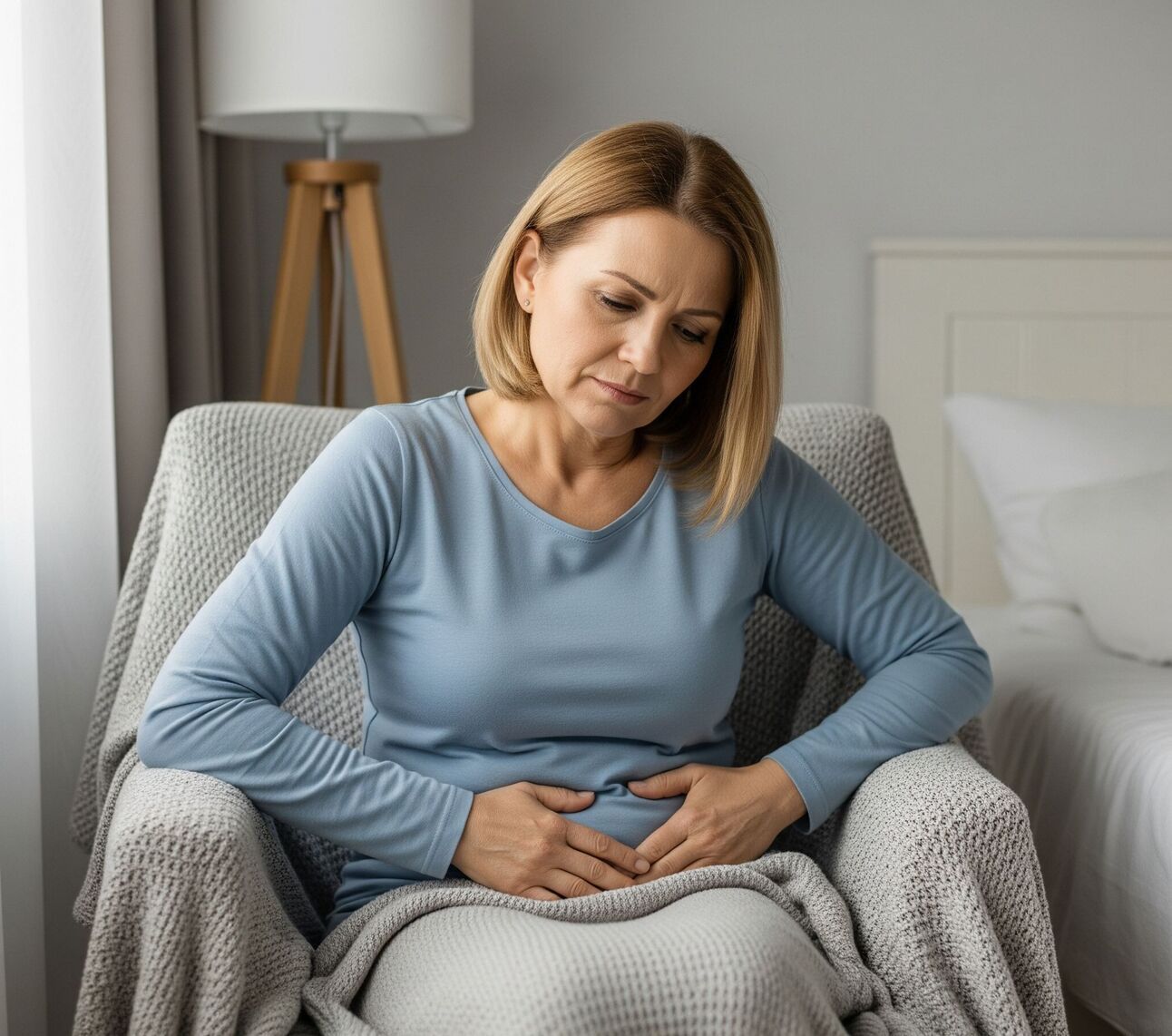Perimenopause is a stage many women never see coming; one moment you’re dealing with monthly cycles, and the next you're navigating irregular bleeding, hot flashes, and emotional turbulence.
In this hormonal twilight zone, one question often arises:
“Do I need a hysterectomy, or should I just wait it out?”
Here’s a detailed look at how perimenopause and hysterectomy decisions intersect and how to know whether surgical intervention is the right next step for you.
What Is Perimenopause?
Perimenopause is the transitional phase leading up to menopause, typically beginning in the mid-to-late 40s, though it can start earlier.
During this time, the ovaries begin producing less estrogen and progesterone, causing hormonal fluctuations that lead to:
Irregular or very heavy periods
Hot flashes
Mood swings
Sleep disruptions
Fatigue or brain fog
Anxiety and depression
It can last 4 to 10 years, and for some women, it’s more distressing than menopause itself.
🩸 When Bleeding Becomes a Concern
Perimenopausal women often face:
Prolonged periods lasting more than 10 days
Two periods in one month
Heavy bleeding with large clots
Spotting between periods
This isn’t just inconvenient; it can be dangerous. Heavy bleeding can cause chronic anemia, fatigue, and even increase the risk of endometrial abnormalities.
If ultrasounds reveal fibroids, thickened endometrial lining, or adenomyosis, conservative treatments may not be enough. That’s when a hysterectomy may be advised.
Is Hysterectomy the Right Option?
Here’s when it might be the best decision:
✅ You’ve tried hormonal or medical treatments with no improvement
✅ You have fibroids, endometrial hyperplasia, or adenomyosis
✅ You experience constant pelvic pain
✅ You're not planning future pregnancies
✅ Bleeding is disrupting daily life or work
✅ You want long-term relief before menopause
At Hysterectomy Indore, many women in their late 40s choose hysterectomy not just as a medical solution but as a lifestyle decision for freedom and comfort.
👩⚕️ Why Doctors Sometimes Recommend Hysterectomy Before Menopause
Contrary to common belief, hysterectomy isn’t always a last resort.
For perimenopausal women, it can be:
A preventive measure against cancer risks (in high-risk cases)
A cure for relentless bleeding or pain
A way to stop hormonal chaos without waiting for menopause
If ovaries are preserved, hormone production continues and natural menopause still occurs, just without the exhausting monthly trauma.
Life After Hysterectomy in Your 40s or 50s
Women often describe life after hysterectomy as:
“I finally feel like myself again.”
“I forgot what it was like to not plan around my period.”
“I have energy I haven’t felt in years.”
Physical healing takes a few weeks. Emotional healing, however, is often liberating. Especially when you've been at war with your uterus for years.
For many perimenopausal women, the surgery becomes a catalyst for long-overdue self-care.
Questions to Ask Your Doctor
Before deciding on a hysterectomy, ask:
Could I try one more medical option first?
Will I keep my ovaries?
What type of hysterectomy is recommended?
What will recovery look like at my age?
How will my hormones be affected?
A good doctor will answer these with patience and honesty. Clinics like https://hysterectomyindore.com/ offer detailed consultations to help women make informed, not pressured, decisions.
Final Thought
Perimenopause is a time of transition, not confusion. If your uterus is making your life harder than it should, you don’t have to wait for things to get worse.
Hysterectomy isn’t about giving up. It’s about choosing relief, clarity, and control, especially when your body is asking for peace.
Whether you’re still unsure or just beginning to explore the idea, start with guidance, not fear. Visit https://hysterectomyindore.com/ to learn more about what’s possible for you.

